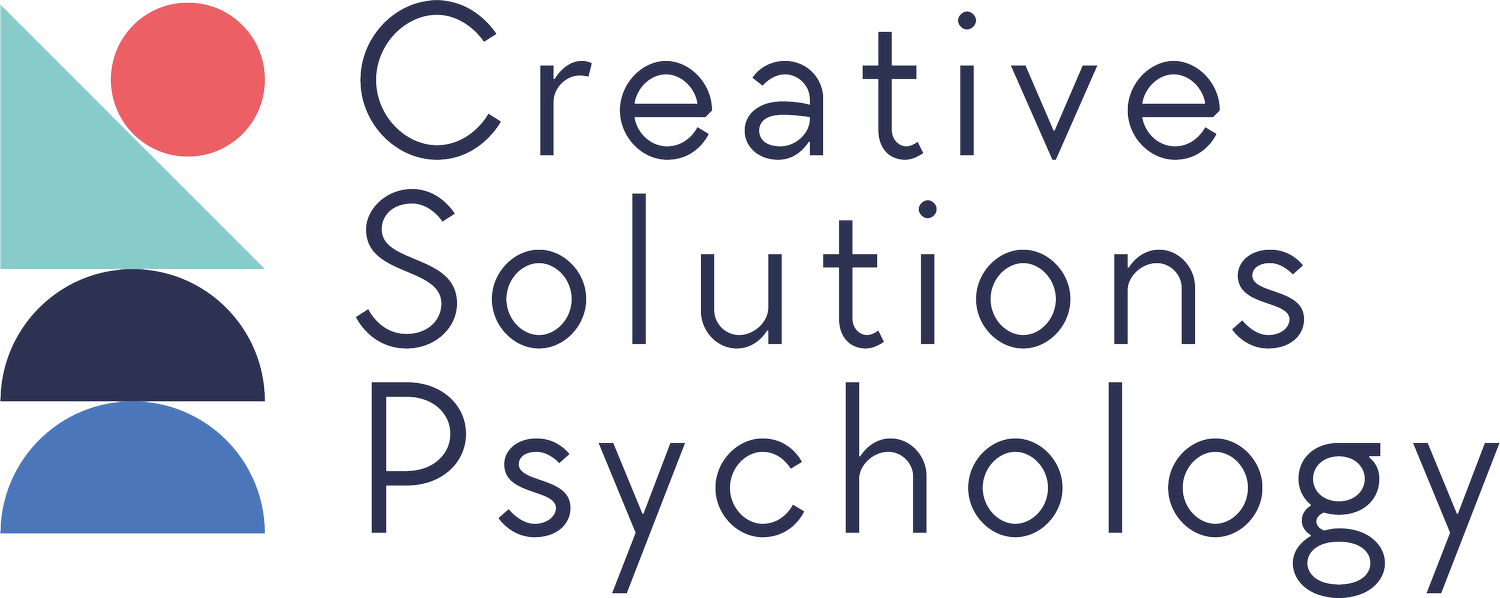
Frequently asked questions.
What is educational psychology?
Educational psychology is the study of how people learn and the psychological processes involved in teaching and learning. It encompasses various aspects such as cognitive development, motivation, assessment, and instructional strategies.
What does an educational psychologist do?
Educational psychologists work with individuals, schools, and educational systems to assess and address learning, emotional and behavioural difficulties. They provide support, interventions, and recommendations to help individuals overcome challenges and reach their full potential in educational settings and at home.
How can educational psychology help my child?
Educational psychologists can help identify and address learning difficulties, developmental delays, behavioural problems, and emotional concerns that may be impacting your child's academic performance and overall well-being. They provide assessments, interventions, and support tailored to your child's unique needs.
When should I seek help from an educational psychologist?
You may consider consulting an educational psychologist if you notice persistent academic struggles, behavioural issues, difficulties with social interactions, or if your child's teacher or school raises concerns about their learning or development.
What assessments do educational psychologists use?
Educational psychologists use a variety of assessments to evaluate cognitive abilities, academic skills, social-emotional functioning, and behaviour. These may include standardised tests, observations, interviews, questionnaires, and informal assessments tailored to individual needs.
What interventions do educational psychologists recommend?
Interventions recommended by educational psychologists are personalised based on the assessment findings and individual needs. They may include academic support, behavioural strategies, social skills training, counselling, parent education, and collaboration with teachers and other professionals.
What role do educational psychologists play in schools?
Educational psychologists play a crucial role in schools by conducting assessments, providing consultations to teachers and parents, designing and implementing interventions, supporting inclusive education practices, and promoting positive learning environments for all students.
What qualifications do educational psychologists have?
Educational psychologists typically have a doctoral degree (Ph.D. or Psy.D.) in educational psychology and extensive specialised training. They also have experience working with diverse populations in educational settings.
